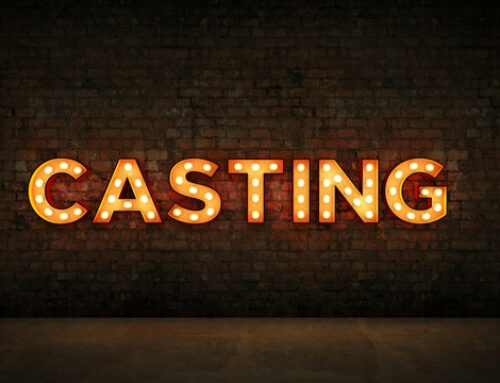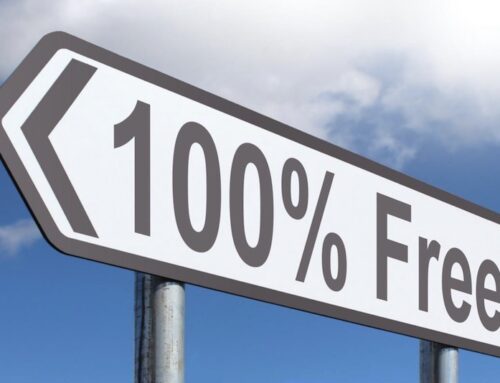The microphone, obscure object of desire
Voice over, microphones and fetishism
It's the most hotly debated topic in our profession, and one that comes up regularly: what's the best microphone? Go to any voice over Facebook group dedicated to our beautiful trade, and it's THE recurring question asked by newcomers to the profession... and not-so-newcomers. As if there was a single, universal answer.
We sometimes ask this device to make up for a lack of technique, to compensate for dubious acoustics, to forgive a voice that is off, in short to make our takes perfect, like a magic wand.
And speaking of magic wands, some people have an almost Freudian relationship with the microphone, seeing it as a thinly veiled phallic symbol of success and power. Look at my big Neumann and call me boss.
The microphone: a gadget
The question of which microphone is best for voice-over work should be very, very far down the list of concerns of voice-over actors working from their private studio. Why should it be? Because it's a gadget. Oh, blasphemy! I can see some people rolling their eyes, making the sign of the cross, giving me the evil eye... And yet, it's a gadget.

In fact, the microphone is simply a tool. A necessary tool, of course, but one that only comes at the end of the chain (well, technically, before the preamp, but you know what I mean).
I love woodworking - it's meditative for me. But I'm not a master of wood. A 2-bit chisel in the hands of a journeyman cabinetmaker is more effective than a Japanese chisel forged by a master craftsman in mine. The same goes for the microphone compared to the voice. Your voice is the starting point: it's an instrument to be developed, worked on to perfect it, then worked on constantly to maintain it.

The best microphone simply doesn't mean anything

If your booth isn't ideal in terms of acoustic treatment, super-cardioid condenser mics like the Sennheiser MKH416 may be an interesting option: their ultra-directional design makes them more forgiving of less-than-perfect acoustic environments. Ribbon mics may also be an option to consider, but require excellent preamplification. Without getting into esoteric considerations, it is essential to consider certain factors.
Are you a woman or a man? Is your voice (objectively, not your personal perception): deep / medium / high?
What kind of acoustic environment are you recording in? The best large-diaphragm condenser microphones require an acoustically perfect environment; less than perfect, a less sensitive microphone will be 10 times cheaper and 10 times better.
What are you recording, and in what style? Inspirational TV spot, punchy promos, e-learning...? Where will your work be broadcast? etc etc... So many questions you should ask yourself before considering this or that microphone. And the icing on the cake: some microphones are sublime but not suitable for voice over. Why or why not? Because they make the voice too present, to the detriment of what the voice is saying - in other words, the voice is no longer transparent, at the service of the script, but draws too much attention to itself. It no longer serves the message and the audience, but demands attention, like an actor on stage with an inflated ego who doesn't serve his character but plays to the applause.
There's no secret: try out different microphones in YOUR acoustic environment, with YOUR voice. And before you invest a large chunk of money in a microphone, make sure you've invested 10 times that amount in your acoustic treatment and, of course, that you have excellent sound insulation.
What's your favourite position?
Yes, it's important, even crucial, if you want to get the most out of the tool according to its specific features and the desired effect. So rather than repeating what someone else has said so well, watch this short video on dynamic microphone placement!
I also recommend a very interesting article by Graham Cochrane, a highly talented sound engineer and founder of The RecordingRevolution on the almost lost art of the 'microphone dance' (dynamic placement) which you can find here.
So there you have it, I hope you'll find something to think about, and I still hope you find the microphone of your dreams, because, let's be honest, a beautiful microphone is thing to marvel at!
Thank you for reading this article and if you found it interesting, don't forget to subscribe to be notified when new articles are published, and don't forget to share it with your friends and colleagues using the social networking buttons below. They'll be grateful, and so will I!
Don't hesitate to share your experience here and leave your comments, suggestions or questions!





Write a comment